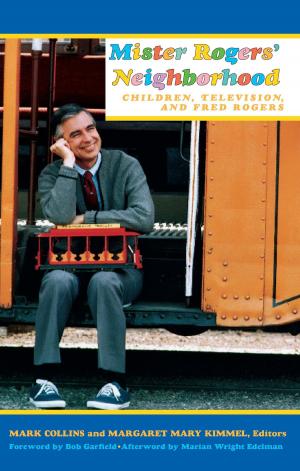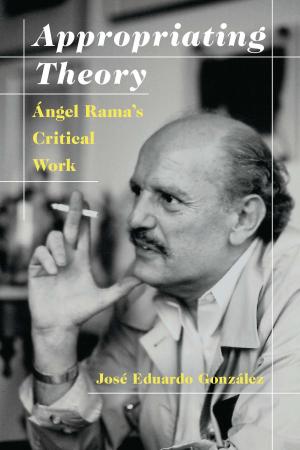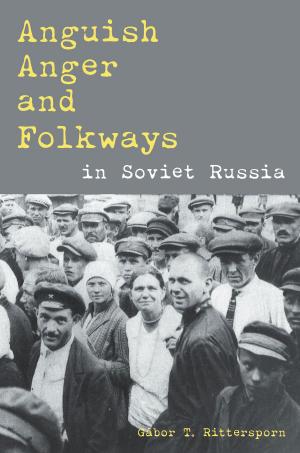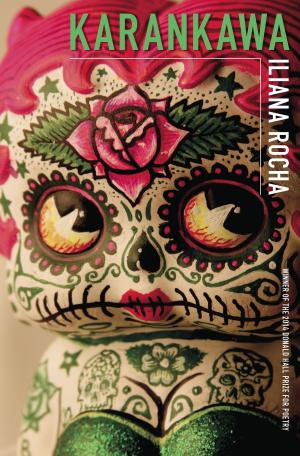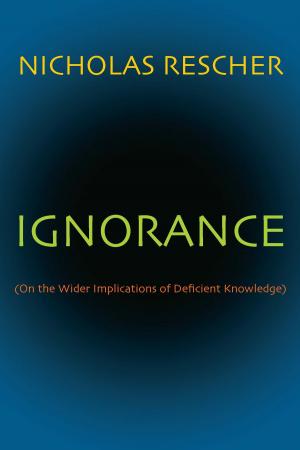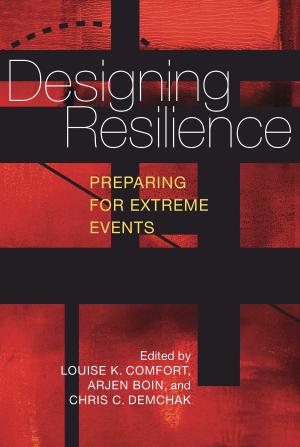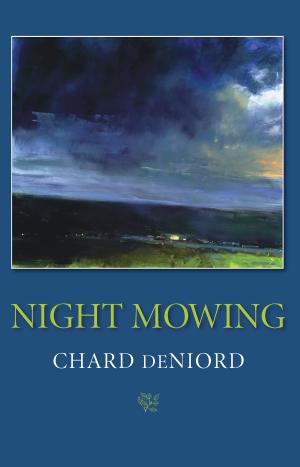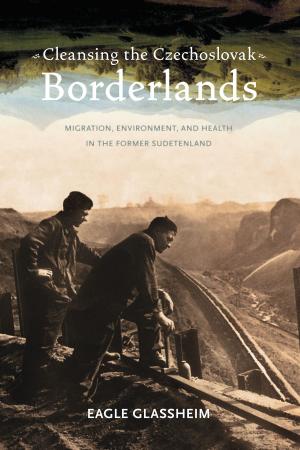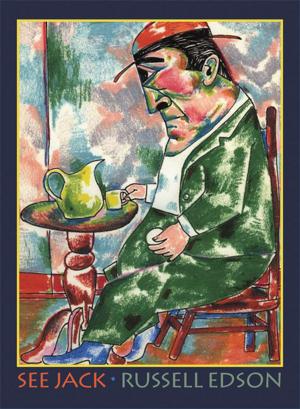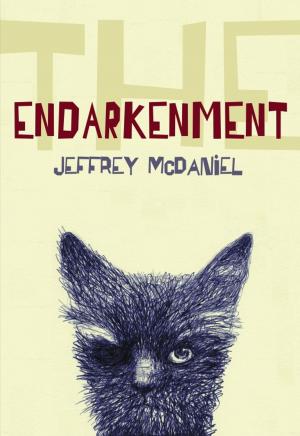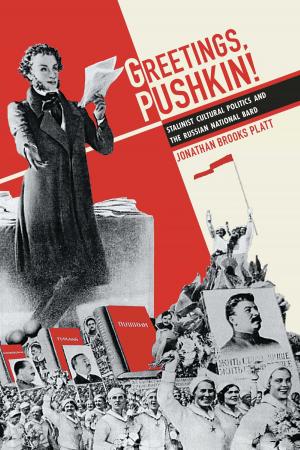| Author: | Quan Barry | ISBN: | 9780822979319 |
| Publisher: | University of Pittsburgh Press | Publication: | September 16, 2001 |
| Imprint: | University of Pittsburgh Press | Language: | English |
| Author: | Quan Barry |
| ISBN: | 9780822979319 |
| Publisher: | University of Pittsburgh Press |
| Publication: | September 16, 2001 |
| Imprint: | University of Pittsburgh Press |
| Language: | English |
Winner of the 2000 Agnes Lynch Starrett Poetry Prize
2002 finalist in poetry, Society of Midland Authors
Quan Barry’s stunning debut collection has been compared to Sylvia Plath’s Ariel for the startling complexity of craft and the original sophisticated vision behind it. In these poems beauty is just as likely to be discovered on a radioactive atoll as in the existential questions raised by The Matrix.
Asylum is a work concerned with giving voice to the displaced—both real and fictional. In "some refrains Sam would have played had he been asked" the piano player from Casablanca is fleshed out in ways the film didn’t allow. Steven Seagal, Yukio Mishima, Tituba of the Salem Witch Trials, and eighteenth-century black poet Phillis Wheatley also populate these poems.
Barry engages with the world—the Tuskegee syphilis experiments, the legacy of the Vietnam war—but also tackles the broad meditative question of the individual’s existence in relation to a higher truth, whether examining rituals or questioning, "Where is it written that we should want to be saved?" Ultimately, Asylum finds a haven by not looking away.
Winner of the 2000 Agnes Lynch Starrett Poetry Prize
2002 finalist in poetry, Society of Midland Authors
Quan Barry’s stunning debut collection has been compared to Sylvia Plath’s Ariel for the startling complexity of craft and the original sophisticated vision behind it. In these poems beauty is just as likely to be discovered on a radioactive atoll as in the existential questions raised by The Matrix.
Asylum is a work concerned with giving voice to the displaced—both real and fictional. In "some refrains Sam would have played had he been asked" the piano player from Casablanca is fleshed out in ways the film didn’t allow. Steven Seagal, Yukio Mishima, Tituba of the Salem Witch Trials, and eighteenth-century black poet Phillis Wheatley also populate these poems.
Barry engages with the world—the Tuskegee syphilis experiments, the legacy of the Vietnam war—but also tackles the broad meditative question of the individual’s existence in relation to a higher truth, whether examining rituals or questioning, "Where is it written that we should want to be saved?" Ultimately, Asylum finds a haven by not looking away.


